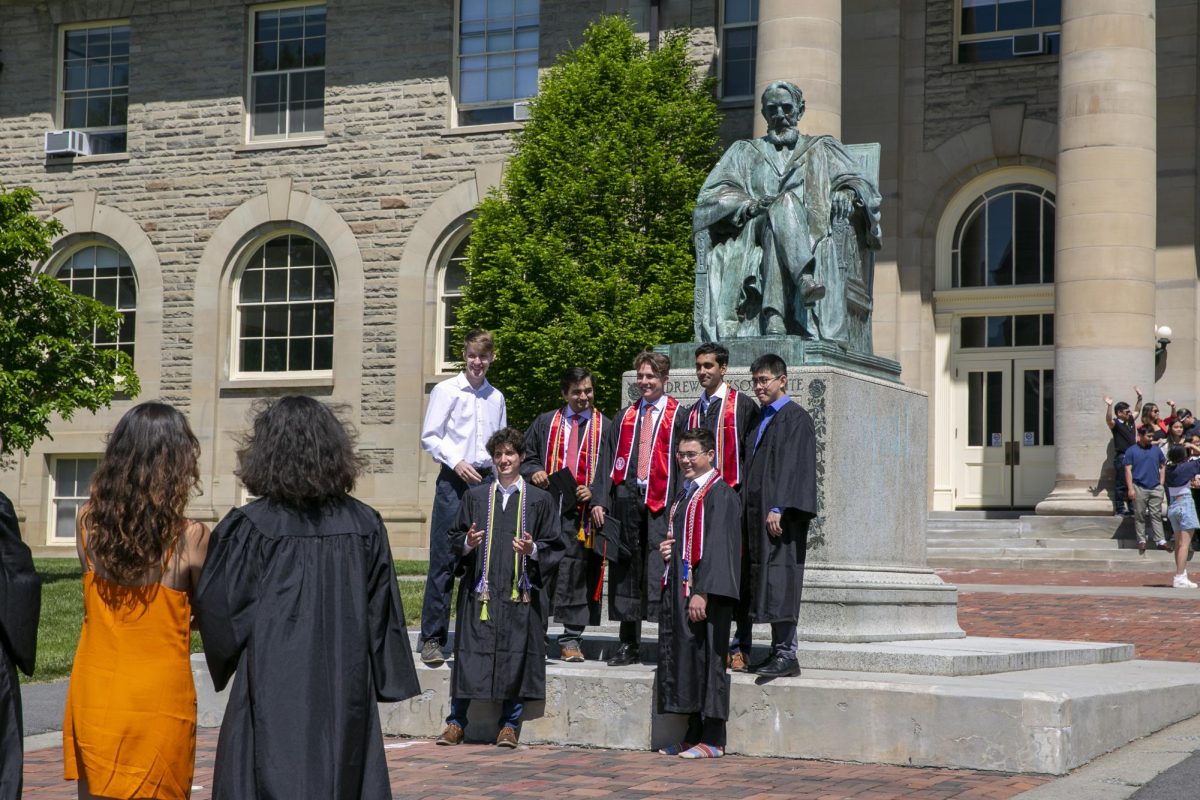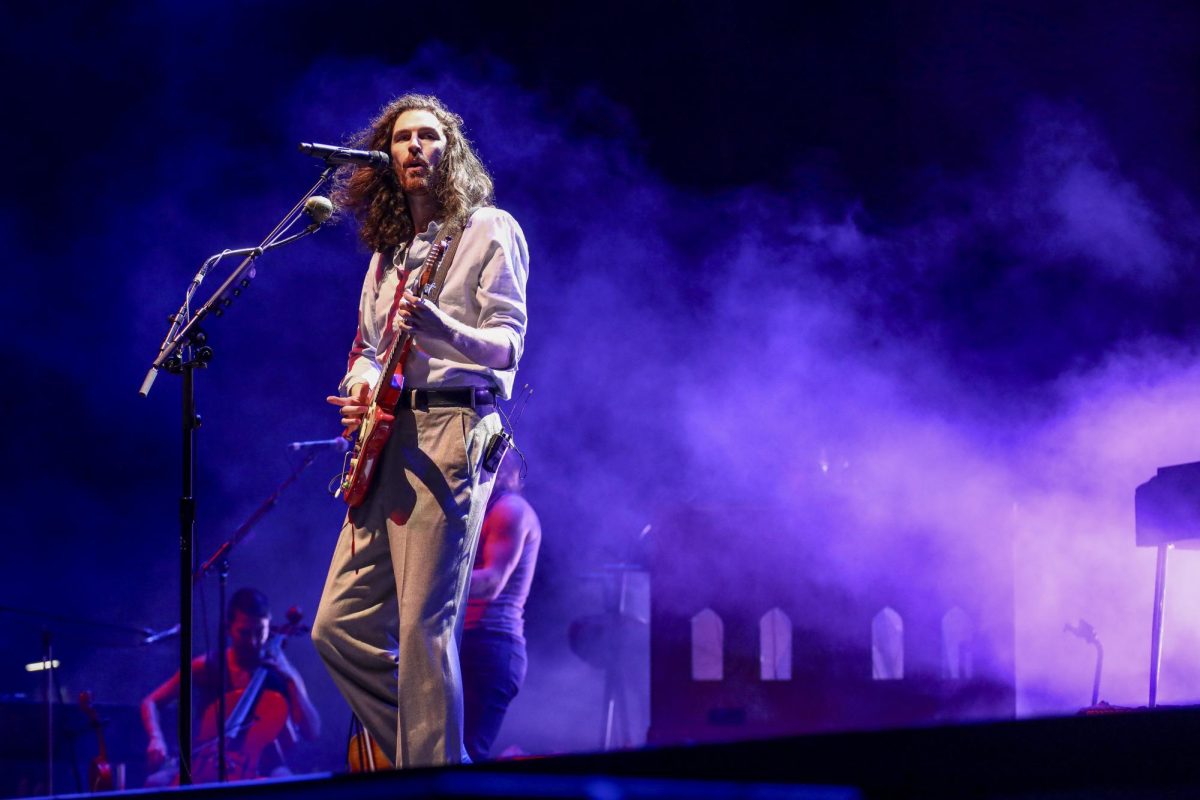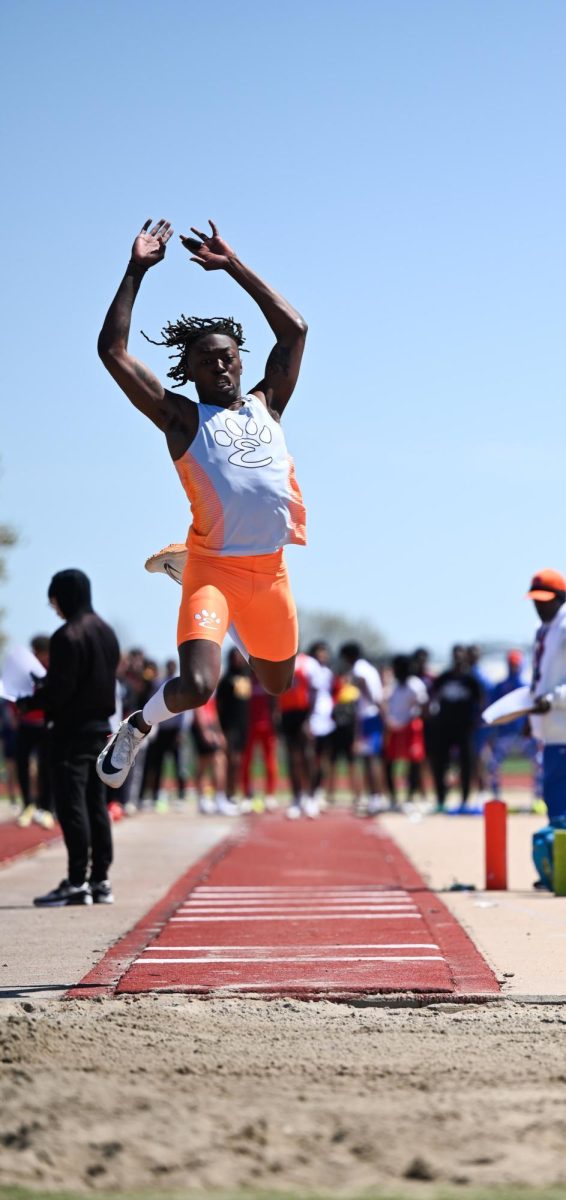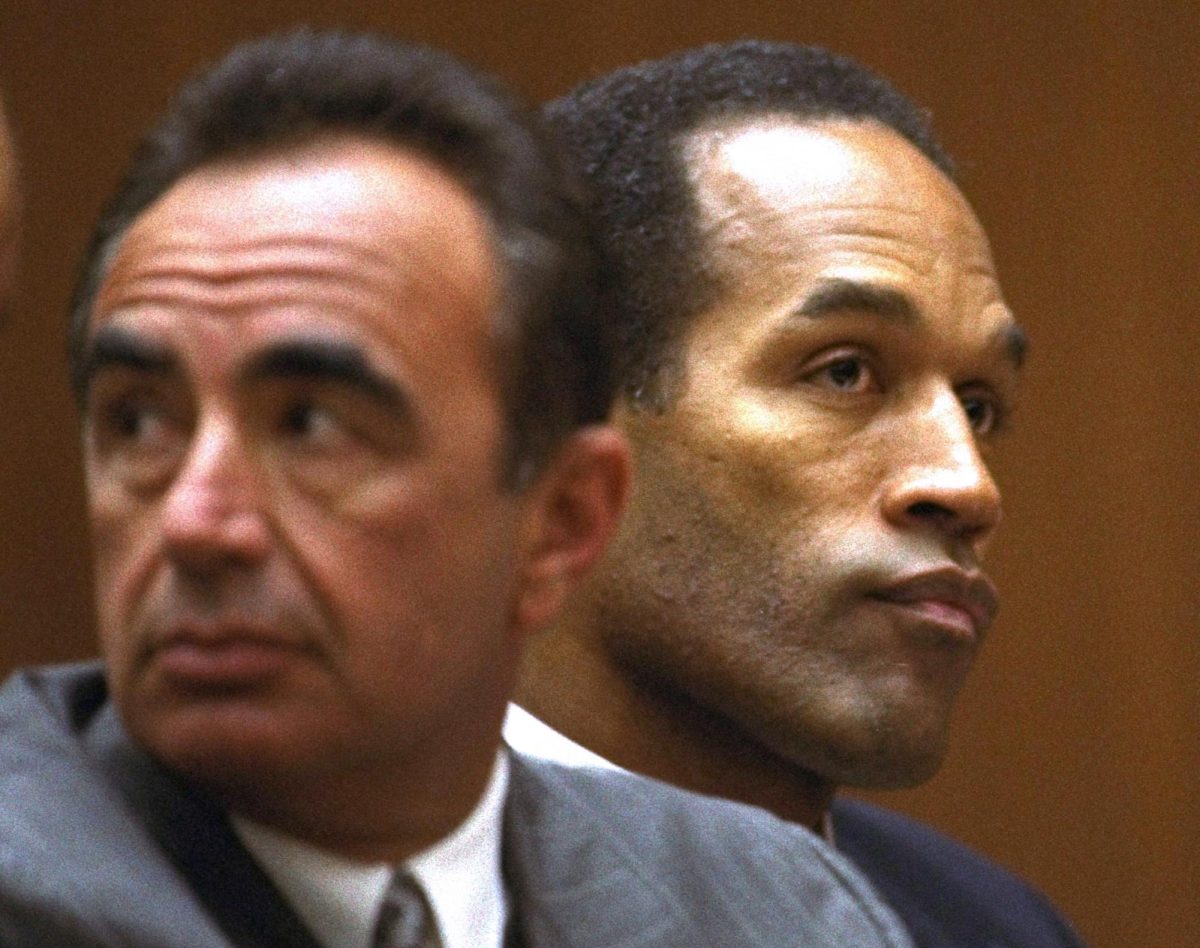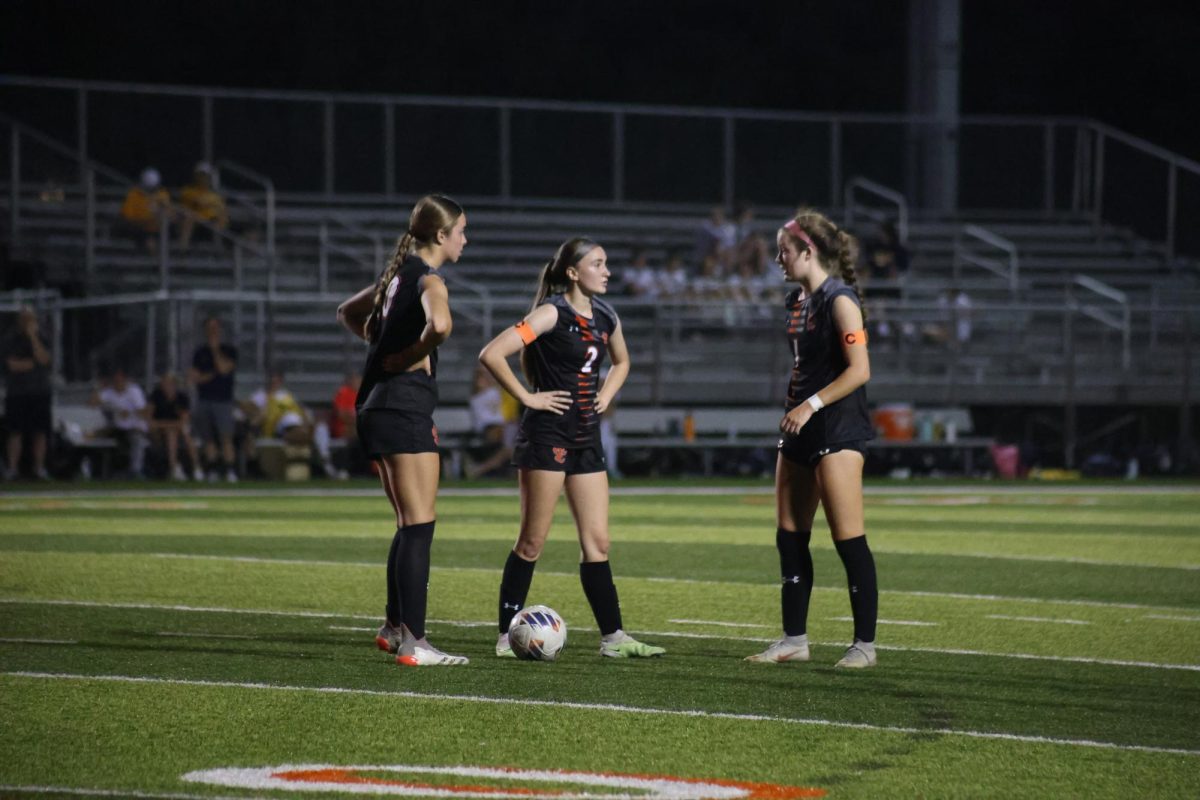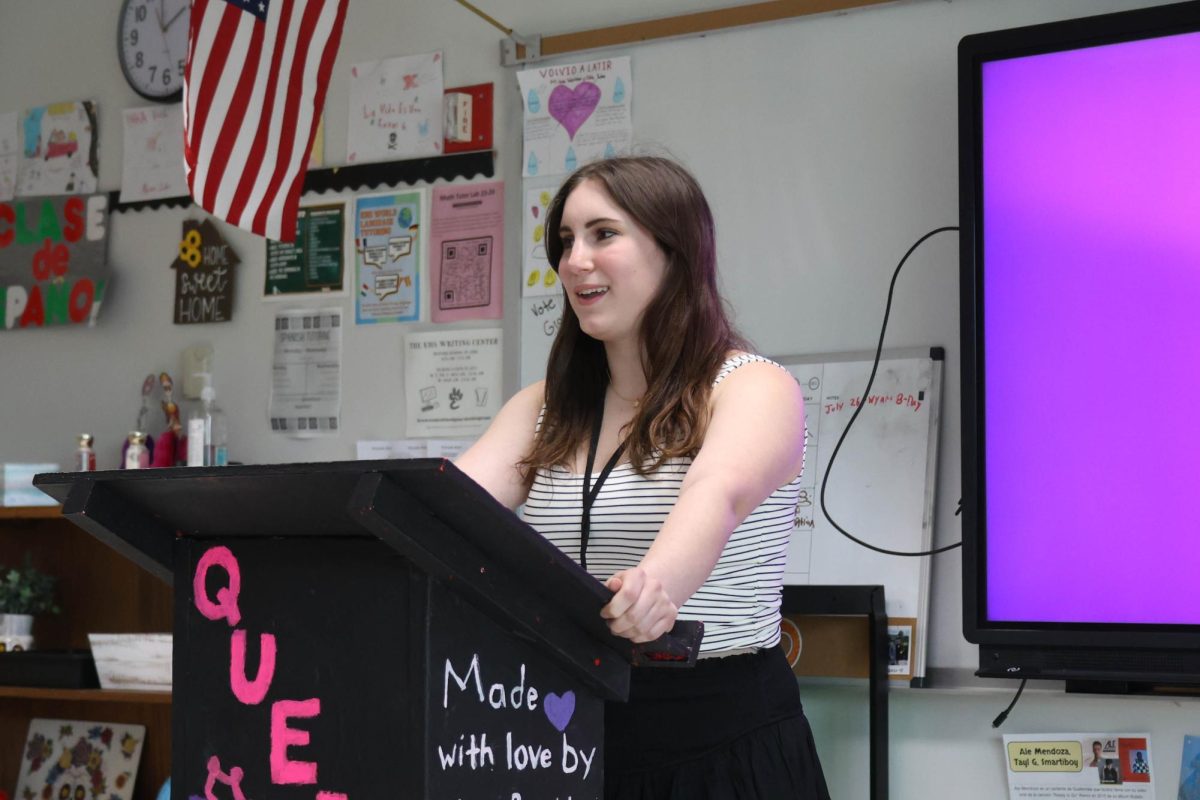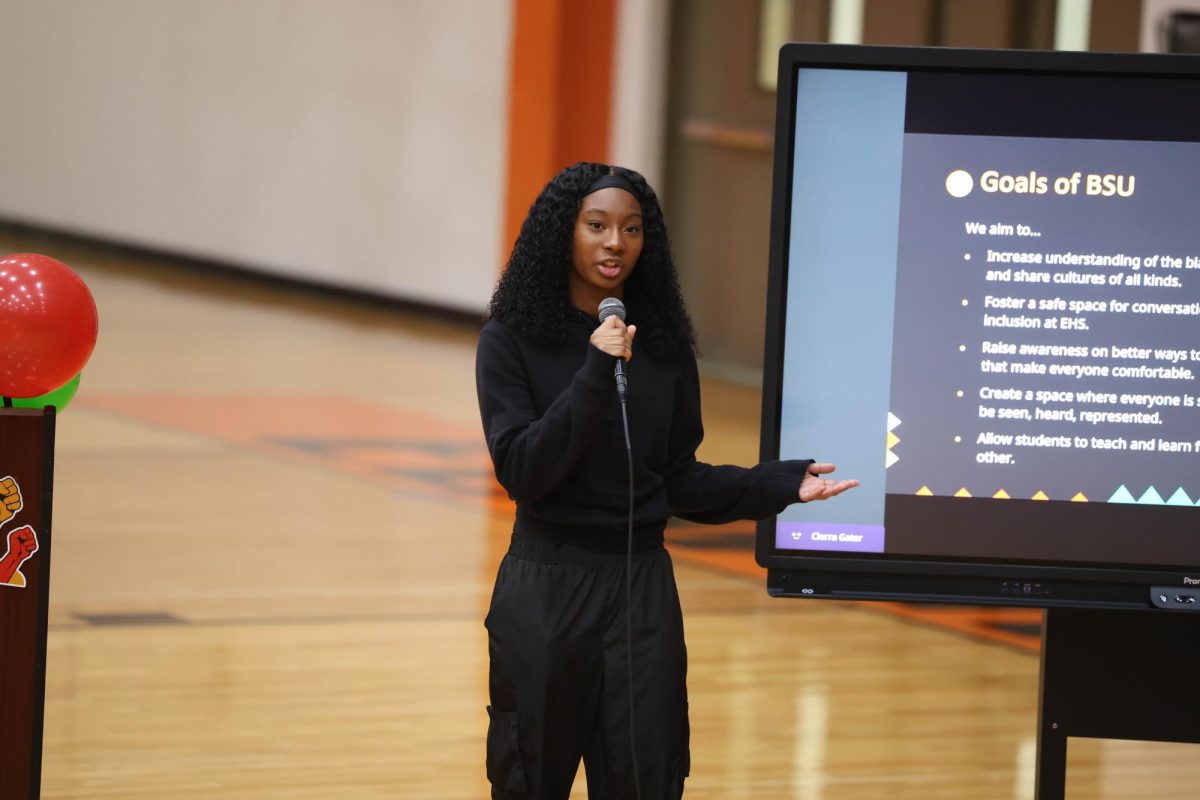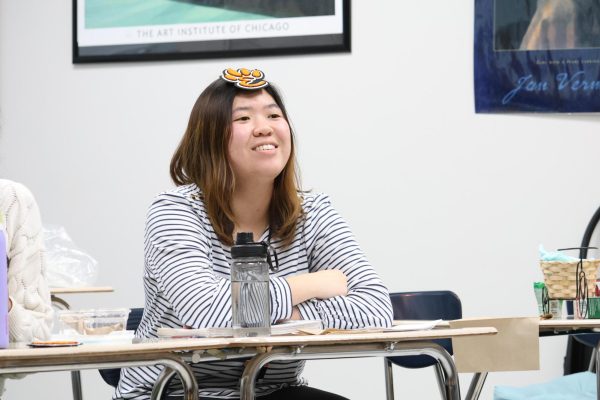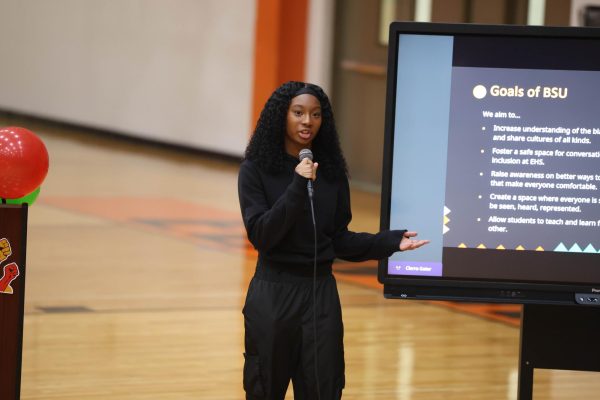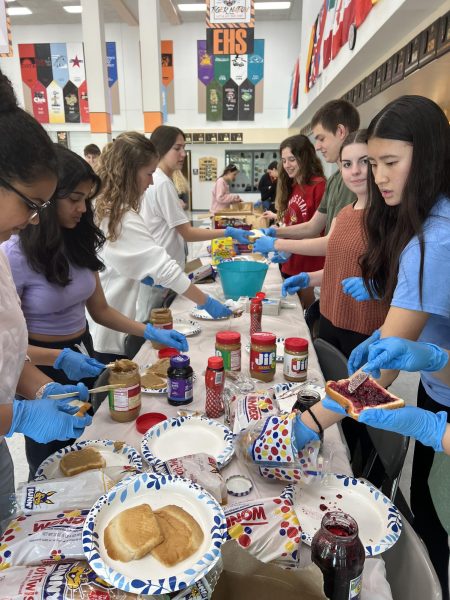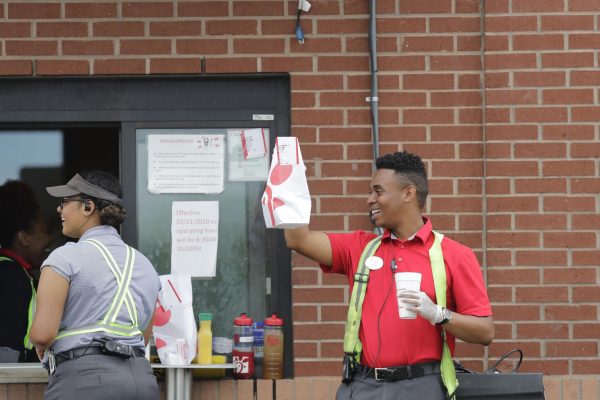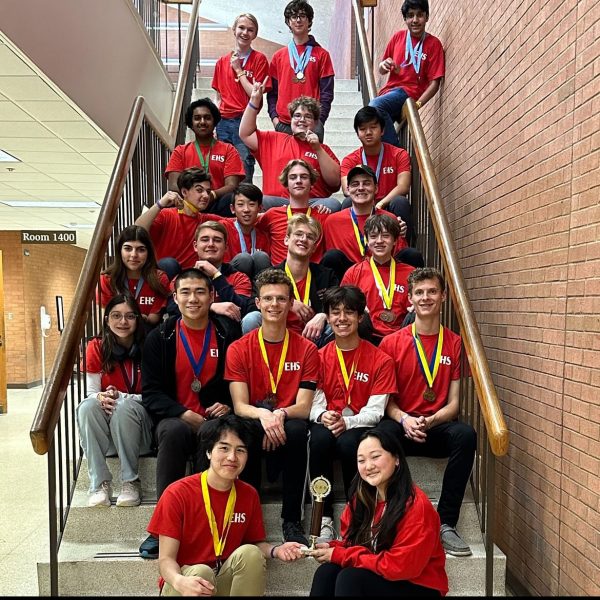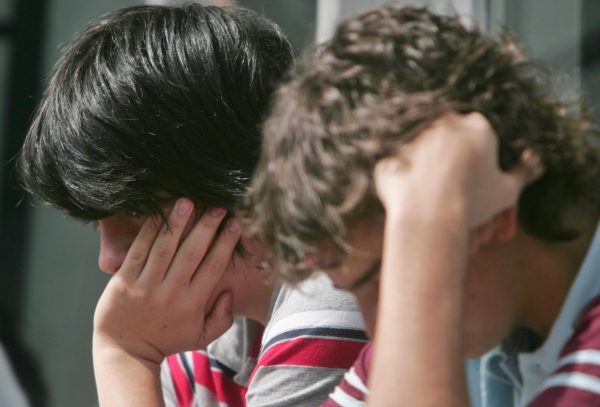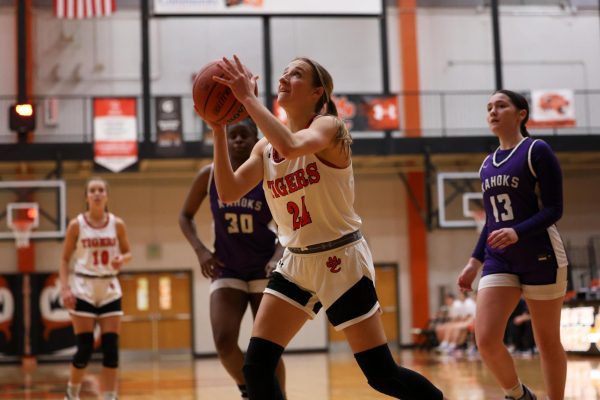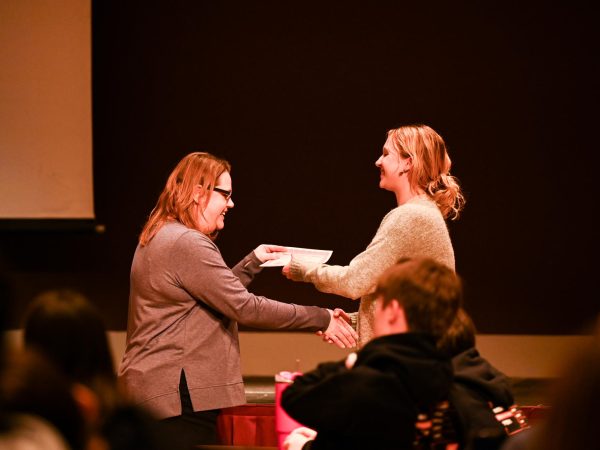Yearbook adapts to ever-changing year
October 17, 2020
When it comes to content, the EHS yearbook staff are thinking outside the box for the 2020-2021 school year.
COVID-19 has presented many challenges for the staff, requiring them to be more flexible and dig for stories.
“Some of our biggest pages like football and homecoming are gone this year,” sophomore Maddox Karnes explained. “There are going to be pages in there that have never been done before.”
Normal coverage, like sports games and after-school activities is no longer available, forcing the staff to find different ways to cover the topics, according to senior Marian Steinmann, who is co-editor-in-chief.
Instead, the staff is planning to mail a summer section of the yearbook, since sports are being moved to that time, but things are ever-changing, according to yearbook advisor Amanda Thrun.
In weekly meetings, the staff makes tough decisions about what to cover.
What they can cover in the yearbook is changing almost weekly, according to junior Co-chief photographer Mason Kane.
For example, the decision on whether to cover football in the fall or the winter was tough to make due to the possibility of the season being canceled again in the winter, Steinmann said. Difficult decisions like this put stress on staff members.
“Nerves are at an all time high,” Karnes said.
Karnes, who is covering marching band this year, said he had to find a different angle than normal for his story. The marching band normally has multiple performances, but this year they only had one. To adapt, Karnes is choosing to focus in how that night made band members feel and what it meant to them.
Some good has come out of taking different approaches to stories. Steinmann finds herself learning more about students by approaching her work from a different perspective.
“Each time I interview someone about how they’re modifying a club, staying connected to their team, or just adapting to this year, I feel really proud of how innovative the kids at EHS are,” Steinmann said.
On the downside, things such as conducting interviews have also fundamentally changed. Interviews that used to be conducted in-person are now confined to a digital medium such as phone calls, video conferencing, or texts; this sometimes limits the depth of the interview or prevents leads to other contacts that would have been acquired if the interview was in-person, according to Karnes.
Junior Laine Chapman, who is a first year staff writer, said that a lack of hands-on learning time has made it harder to get a hang of things, but the editors have made the transition easier by answering all of her questions.
Karnes said the special circumstances have created an “instant connection” between the staff members, making them a close-knit group that has a lot of fun.
Freshman Sophia Holobaugh said her first year on the staff has been “exhilarating” and she has met some “awesome people.”
“All of the people that are in yearbook are really encouraging and I am so grateful that I get to have this experience,” Holobaugh said.



